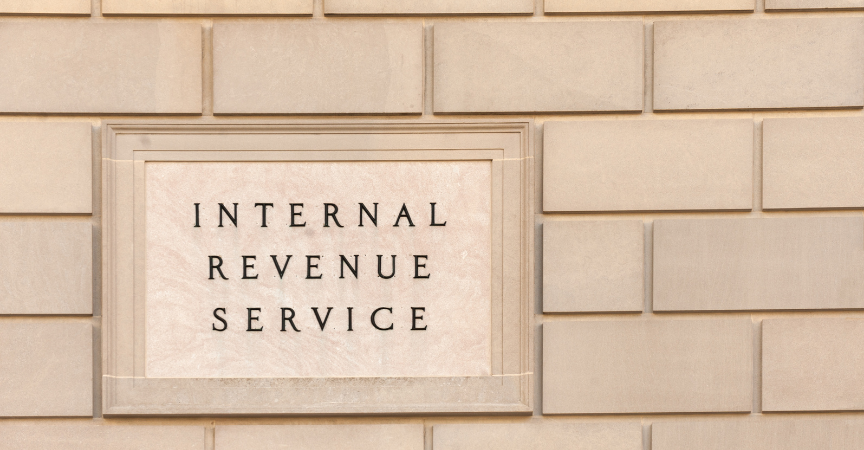Everything the IRS knows about you exists on a piece of paper called the Account Transcript. I get a client’s transcript when I begin representing them because I need to know what the IRS knows about you.
Account Transcript Defined
The IRS keeps transcripts of all your tax returns, any information from Forms W-2 and 1099, and all tax payments made, as well as any taxes, interest and penalties due. All of these show up on your account transcript. Here’s an example. If you think this looks a little primitive, you’d be correct. The transcript format has remained almost the same since the late 1970s. In fact, it has only been in the last decade that transcripts actually use upper and lower-case letters. They display arcane codes. I sometimes need to refer to large textbooks to determine what the codes mean.
Information on Account Transcripts
Account transcripts are generated with ancient technology and needlessly obscure codes, but they provide lots of useful information. Did you fail to file a tax return a few years ago, and now you don’t know how much money you made in 2011? A wage and income transcript will show you how much income your sources reported to the IRS. Do you have an S Corporation, and need to know when the corporation made its election? That shows on an account transcript. Is bankruptcy a good option for your unpaid taxes, or should you start a collection due process hearing? Reading the account transcript history will give me a good sense of how to advise you.
Here’s an example from 2010, and how to read what’s on it (Sample Account Transcript):
Code 150: This tax return was processed on 5/30/11, and showed tax owing of $22,155 (it was filed on time, as shown in the last two lines of the first page)
Code 806: $4,995 in tax was withheld during 2010 from W2s or 1099s
Code 766: The taxpayer made a payment of $800 on 4/15/11
Codes 170, 276, 196: These 3 fees are for non-payment of the $22,155 owed
Code 971: On 5/30/11 the IRS sent Form CP0014, Notice of taxes owed – this is just a summary of what is owed
Code 971 (2d time): Taxpayer entered into an installment agreement on 6/21/11
Code 582: IRS placed a lien on taxpayer assets on 7/1/11
Code 360: Taxpayer charged $30 fee for Installment Agreement
Code 971 (3rd time): IRS sent taxpayer Notice re the Lien it filed on 7/5/11
Code 971 (4th time): Another Installment Agreement established on 9/23/11; it’s not clear from the transcript what happened to the prior installment agreement
Finally, returning to the first lines: on 7/18/11, the day this Transcript was generated, the Taxpayer still owed $16,887.47 (“Account Balance”). Additionally, the Accrued Interest ($1,753.30) and Accrued Penalty ($1,595.10) had not yet been assessed (if they had been, they would show up on page 2), but these are the figures that are also owing on the account.
Simple, right?
How To Obtain Transcripts
In order to obtain an Account Transcript, I send a power of attorney form that clients have signed to the IRS. Indeed, one of the first things I ask for from most clients (after signing a retainer agreement and payment, of course), is for signature on Form 2848. If I fax the form in, it takes the IRS about two weeks to record the form and then I have online access to your transcript. I can also call the IRS’ call center and, after 1-2 hours on hold (not kidding), a phone service rep will take the Form 2848 information and then send me the transcripts by fax. Finally, I can walk into an IRS office , present the Form 2848, and obtain transcripts right then.
You can also access a copy of your own transcript. Go to the IRS site and create an account. You’ll need to give the mailing address, filing status and social security number(s) on your last tax return, as well as an account number from some institution that reports to the IRS (mortgage, HELOC, car loan). After the IRS verifies you are you, which usually takes 1-2 days, you’ll have on-line access to your transcript, too.
Once I’ve read your transcript, I’m in the best position to advise you, because I know exactly what the IRS thinks is going on with your tax situation. It’s a little piece of paper but has BIG implications.
January 17, 2020

